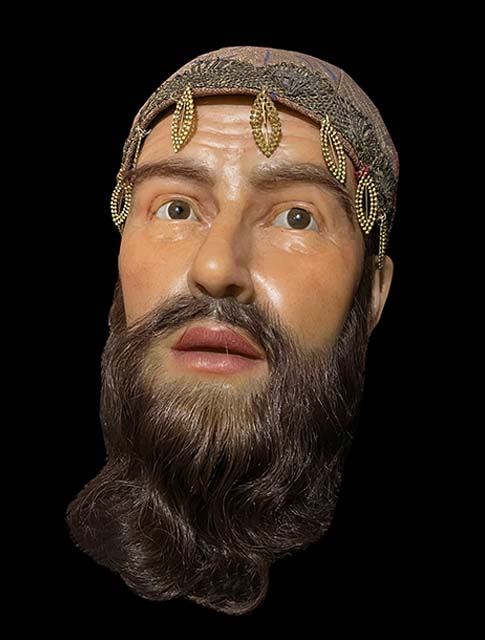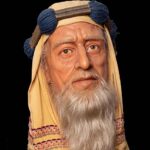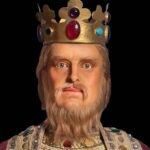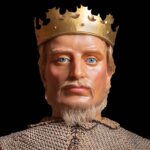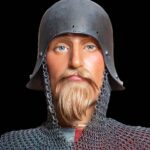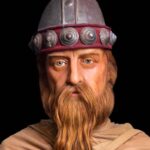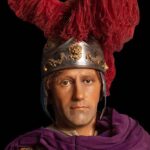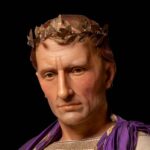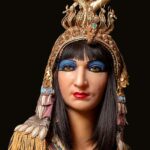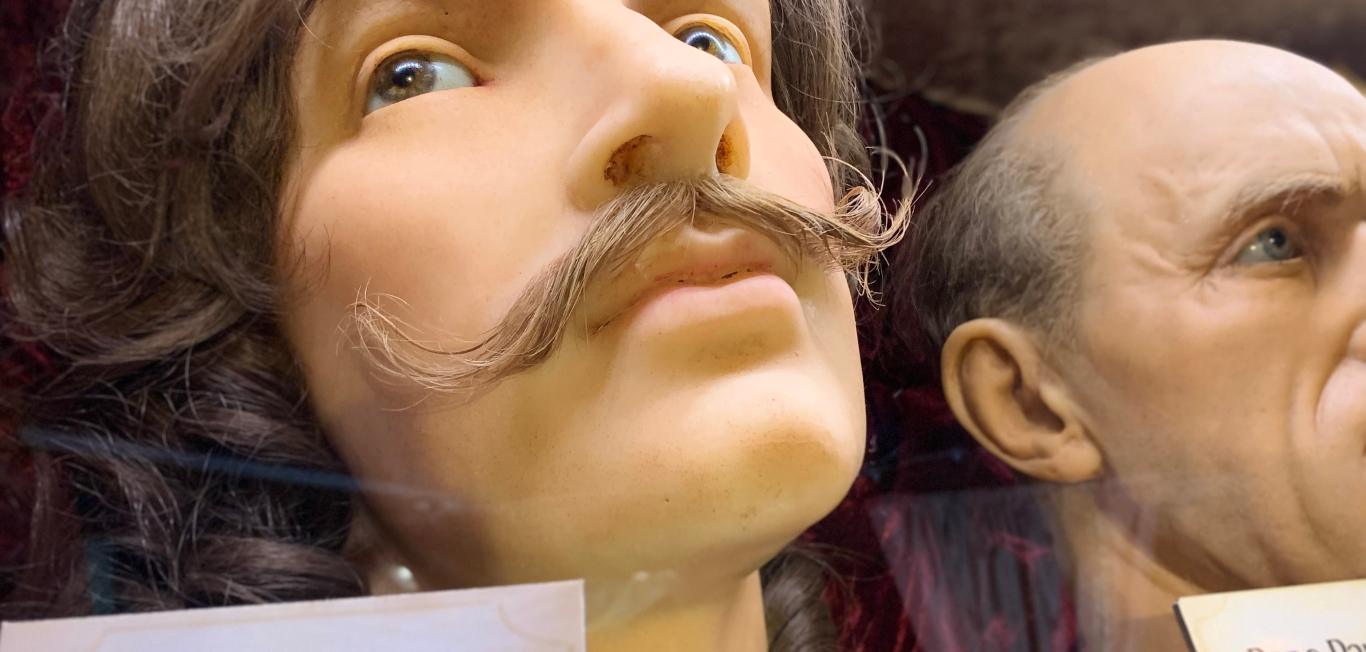Who Was King Solomon?
King Solomon, a figure embedded deeply in the annals of history and religious texts, continues to spark intrigue centuries after his reign. Known for his remarkable wisdom, exceptional leadership and grand architectural works, Solomon, who ruled as the third king of the United Monarchy left an enduring legacy that transcends borders and faiths. For this reason, it is important to unravel the captivating life story of King Solomon, exploring his personal life, achievements, influence and reign by exploring the intricate mosaic of facts about him that have been gathered from sacred texts, historical narratives and cultural mentions.
Personal Life and Legacy
King Solomon’s life was as colorful and compelling as the legends that surround him. One fascinating tale involves the Queen of Sheba from the Empire of Ethiopia, who, impressed by King Solomon’s wisdom and grandeur, embarked on a journey to meet him. Accompanying her was a rich assortment of gifts, including gold, precious stones and spices, a testament to her respect for the wise king. King Solomon’s death, another essential facet of his personal life, occurred when he was approximately 80 years old due to natural causes. His demise paved the way for his son, Rehoboam, to ascend the throne. However, his reign was far from undisputed. Many of Israel’s tribes rejected his authority, sparking a schism in the previously unified monarchy. The division led to the emergence of two separate entities, that is the Kingdom of Israel and the Kingdom of Judah.
DIDI YOU KNOW?
King Solomon's death, occurred when he was approximately 80 years old due to natural causes.
The legacy of King Solomon has far outlived his earthly existence. In Jewish heritage, he is acknowledged as a central figure. Similarly, in Islam, King Solomon, or Sulaiman as he is known, is revered as a messenger of God, emphasizing his significant religious influence. His presence is not only confined to religious texts. King Solomon also graces the pages of the classic Arabic story, “One Thousand and One Nights,” also known as “Arabian Nights,” where his tales enrich the lush tapestry of the story. Legendary artifacts, such as a magical key and a table, are also attributed to him, alongside the belief that angels assisted him in the construction of his famed temple.
King Solomon’s influence resonates even in contemporary works of literature and fiction. His legacy extends to the silver screen with films like “The Song.” King Solomon’s personal life and legacy blend historical facts, faith-based narratives and imaginative tales. These myriad sources all paint a picture of a man whose influence was far-reaching, spanning centuries and cultures, and whose life continues to captivate audiences in the contemporary world.
Achievements/Influence on History
King Solomon, who ascended the throne in 970 BC as the third king of the United Monarchy, is celebrated for his numerous accomplishments and lasting influence on history. He set the tone for his reign early on by exiling David’s priest Abiathar for supporting Adonijah, the eldest son of King David. This decisive action signaled his commitment to maintaining authority and safeguarding his kingdom. Perhaps one of the most renowned accounts from King Solomon’s reign is the Judgment of Solomon. This narrative from the Bible presents a situation where two women assert their maternity over the same child. In his wisdom, Solomon discerned the true mother by observing the women’s compassion. This tale serves as a testament to his extraordinary wisdom and ability to deliver justice.
DID YOU KNOW?
Under King Solomon's rule, the First Temple was built, also known as Solomon's Temple.
Under King Solomon’s rule, grand architectural projects came to life. Most notably, he built the First Temple, also known as Solomon’s Temple, in Jerusalem around the 10th century BC. This spiritual and architectural marvel, which stood as a testament to his ambition and devotion, remains an iconic symbol of his reign. King Solomon was more than a constructor because he also contributed to literature. His writings, encompassing The Book of Proverbs, Ecclesiastes, Song of Solomon, and Book of the Wisdom of Solomon, serve as deep wellsprings of insight into existence, affection and spirituality. The epoch of King Solomon’s rule bore the imprint of immense prosperity, with the kingdom cresting the summit of its splendor under his stewardship. His amassed treasure trove, brimming with copious gold and a plethora of luxuries, reflected the economic vigor of his realm. Strategic alliances were a cornerstone of Solomon’s rule, notably his alliance with Hiram I, King of Tyre. Hiram I contributed materials for the erection of Solomon’s Temple in Jerusalem, showcasing the importance of these international partnerships in accomplishing monumental projects.
Beyond Jerusalem, King Solomon envisioned enhancing the kingdom’s infrastructure and commercial capabilities. He built Ezion-Geber’s port, a major hub facilitating Israel’s commercial activities. Further, he commissioned a navy of ships in Ezion-Geber, boosting maritime trade and strengthening the kingdom’s economy. Toward the end of his life, King Solomon, recognized for his exorcist practices, left an indelible mark on the spiritual landscape. His use of amulets and medallion seals added a mystical dimension to his already enigmatic character. Even after his rule ended in 931 BC, and his son Rehoboam succeeded him, the imprint of King Solomon’s accomplishments and influence continues to be felt throughout history.
DID YOU KNOW?
Even after his rule ended in 931 BC, the imprint of King Solomon’s accomplishments and influence continues to be felt throughout history.
Reign
King Solomon, the son of King David, reigned over the United Monarchy starting in 970 BC, demonstrating an impressive blend of wisdom, wealth and diplomatic skill. During his tenure, he conducted significant building projects, including the monumental First Temple in Jerusalem. King Solomon’s legacy also includes the renowned “Judgment of Solomon” as an enduring testament to his discerning wisdom in untangling convoluted dilemmas. During the reign of King Solomon, the kingdom unfurled its wings, ascending to the pinnacle of its might and wealth.
During his reign, King Solomon initiated notable trade ties with foreign nations, ushering in a period of extraordinary economic ascent. Beyond his leadership, King Solomon was a prolific author, enriching the wisdom literature of the Bible with works such as Proverbs, Ecclesiastes, and Song of Solomon. However, his rule was not devoid of controversies. He was recognized for his esoteric practices and the use of mystical amulets and medallion seals. After his reign terminated in 931 BC, his son Rehoboam took the helm, signifying the close of a monumental epoch in Israel’s history.
DID YOU KNOW?
King Solomon's legacy also includes the renowned "Judgment of Solomon” as an enduring testament to his discerning wisdom in untangling convoluted dilemmas.
Death/Late in Life
The united nation of Israel came to a close with the rule of King Solomon. After King Solomon’s death, the country was split in half. Some academics and holy people give King Solomon a higher status and refer to him as a prophet with exceptional knowledge, wisdom and strength. King Solomon reigned for 40 years. It is believed he was 60 at the time of his death, although some may suggest he was around 82 years of age. King Solomon’s death was due to natural causes in the year 931 BC.
